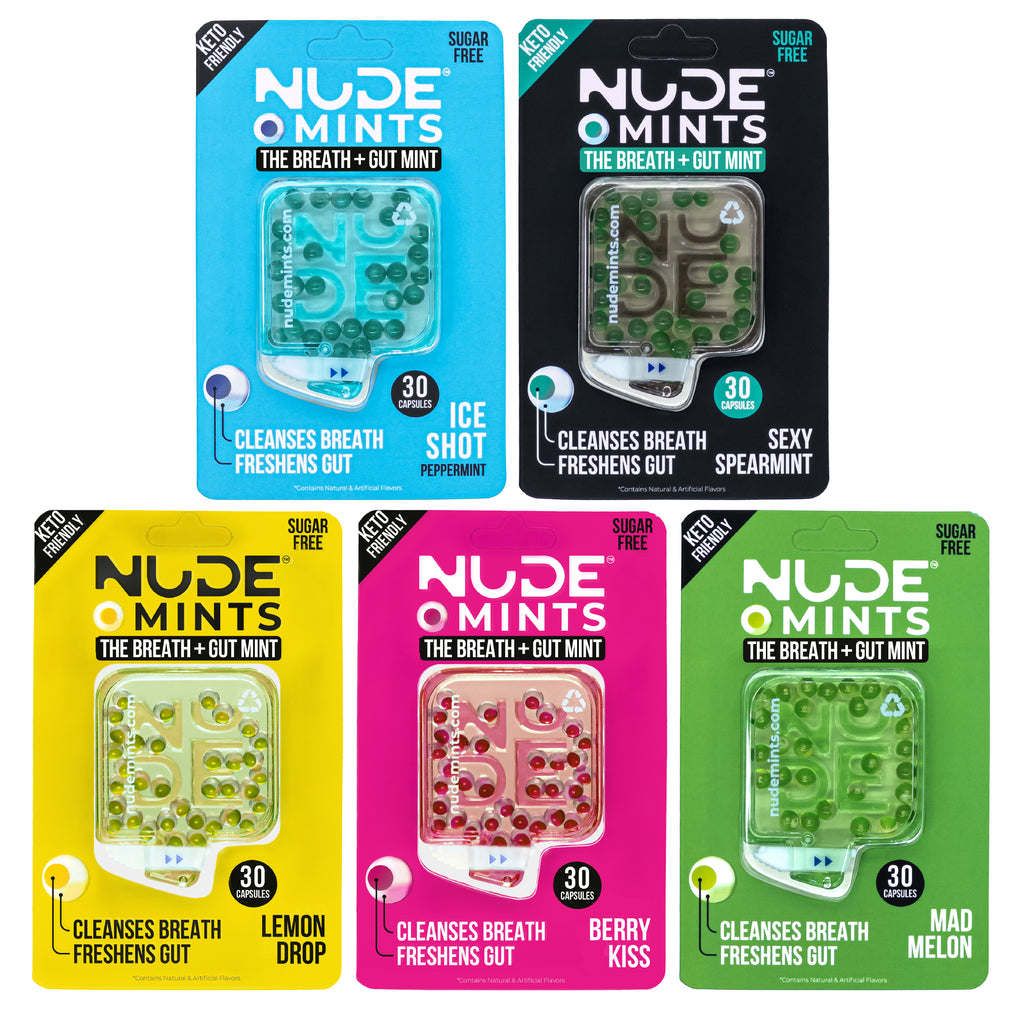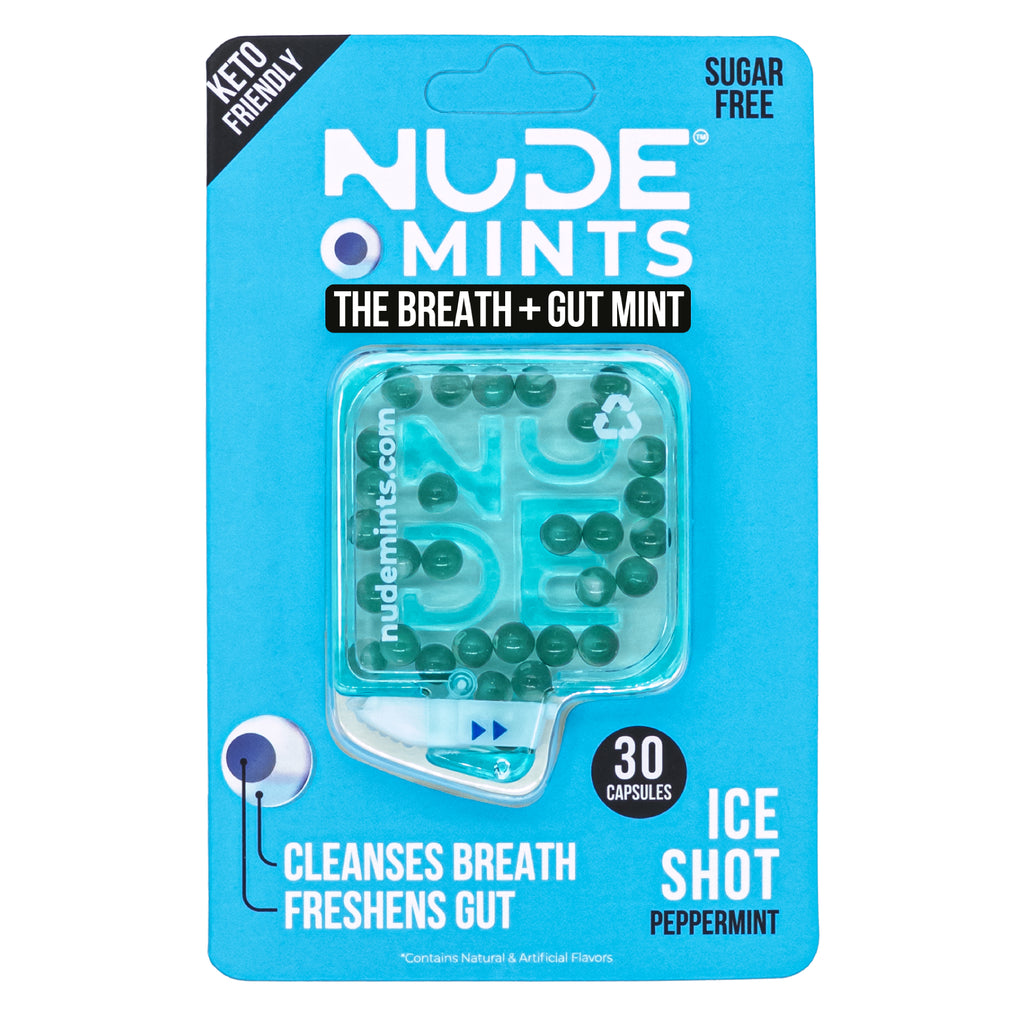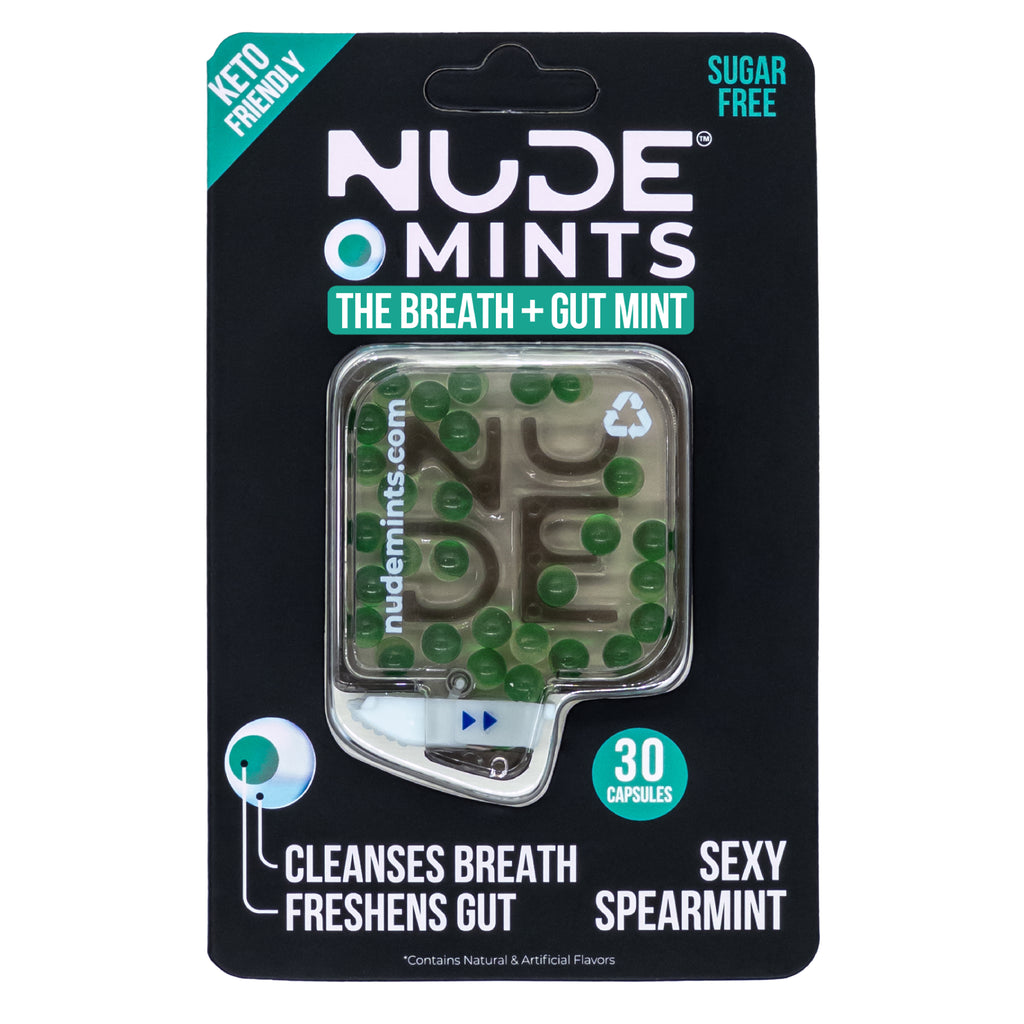How to ACTUALLY Take Care of Your Gut Health
-
You can't enhance your gut health by using pricey probiotic pills alone. It turns out that modifying your surroundings, environment, and intake of different foods and substances can help you get a lot of the healthy bacteria your stomach needs to function correctly.
Try these 6 simple techniques to boost your gut health for better digestion, higher metabolism, reduced inflammation, and a lower chance of chronic disease:
1. Increase your intake of whole grains, nuts, vegetables, legumes, and fresh fruits.
Fiber is found in barley, oats, quinoa, bulgur, and other whole grains, which helps to bulk up our intestines and move things along. Whole grains then serve as a source of nutrition for the bacteria that live in the microbiome. We have all these little germs swimming around in there, which may seem bizarre, but they keep everything operating properly.
It has been proven that eating more whole grains increases the types and quantities of bacteria in our stomach. Pick your choice from walnuts, pecans, pistachios, or almonds, keeping in mind that a serving is defined as what fits into the palm of your hand. The bacteria in our stomach are fed by whole, fresh vegetables, beans and legumes, and a range of fresh fruits. Prepare your healthy microbiota by shopping at your local farmers market for fresh, nutritious foods in season.
2. The connection between your teeth and your intestines.
Regularly brush and floss your teeth. Regular dental cleanings and checkups may not appear to be necessary for a healthy microbiome, but research from Cornell University and Sweden has discovered that bacteria from your mouth may enter your stomach and create issues.
Take care of your teeth to keep pests and bad germs from taking over the good guys in your stomach. Sugary meals should be avoided since, in addition to being inflammatory, they can induce yeast to thrive and disrupt sensitive gut homeostasis. Additionally, stay away from processed meals and packed foods. Sugar may cause yeast to proliferate and upset sensitive gut homeostasis, in addition to being inflammatory to the system. High sugar surroundings are harmful for gut health, according to study.
3. Consume healthy bacteria-rich fermented foods.
We've all heard that eating more yogurt is good for our gut health, but how about fermented foods? These meals include more beneficial bacteria that can help your stomach. Lactobacilli bacteria are abundant in healthy bacteria.They are also responsible for the conversion of sugar to acids and alcohols:
- Sauerkraut
- Kefir
- Kimchi
- Kombucha
- Tempeh
- Natural yogurt with reduced sugar content.
4. Consume more dark chocolate and polyphenol-rich foods.
Who needs an excuse to consume more chocolate? Polyphenols, which are plant-based chemicals, move into your intestines and are used as fuel by microorganisms. Polyphenol-rich foods, such as dark chocolate, offer anti-inflammatory qualities, lower blood pressure and cholesterol, and reduce cellular stress.
What are some additional polyphenol-rich meals that can help your gut?- Red grapes and wine made from them
- Almonds
- Onions
- Tea (green)
- Blueberries
- Broccoli
- Cocoa
5. Increase your spice intake.
Garlic, turmeric, ginger, and other flavorful spices are always welcome additions. These spices aid in the elimination of dangerous microorganisms in the intestines. They won't harm the healthy bacteria either.
6. Artificial sweeteners should be avoided.
Artificial sweeteners have been demonstrated to have a deleterious impact on the microbiota in animal experiments. Aspartame-treated rats had higher blood sugar levels and were unable to utilize the insulin their bodies produced appropriately. The similar blood sugar spike was seen in another human experiment. Artificial sweeteners may be best avoided completely for intestinal health.7. Reduce stress
High levels of stress have a negative impact on your entire body, including your stomach. Meditation, walking, getting a massage, spending time with friends or family, diffusing essential oils, reducing caffeine intake, laughing, yoga, or owning a pet are all examples of ways to relieve stress.
8. Get sufficient rest.
Sleep deprivation can have major consequences for your gut health, leading to greater sleep problems. Make sleeping for at least 7–8 hours a night a priority. If you're having difficulties sleeping, speak with your doctor.
9. Take your time when eating.
Full digestion and absorption of nutrients can be aided by chewing your food fully and eating your meals more slowly. This might aid with digestion and intestinal health.
10. Don't forget to drink plenty of water.
Water consumption has been demonstrated to improve the mucosal lining of the intestines as well as the balance of healthy bacteria in the gut. Keeping your stomach healthy is as easy as staying hydrated.
11. Examine dietary sensitivities
You may be suffering from a food intolerance if you have cramps, bloating, stomach discomfort, diarrhea, rashes, nausea, exhaustion, or acid reflux. To check whether your symptoms improve, you might try avoiding typical trigger foods. You may see a beneficial impact in your digestive health by modifying your eating habits if you can identify a meal or items that are contributing to your symptoms.Many aspects of contemporary life can harm our gut flora, including excessive stress, insufficient sleep, consuming processed and high-sugar meals, and using antibiotics. This, in turn, may have an impact on other elements of our health, such as the brain, heart, immune system, skin, weight, hormone levels, food absorption, and even cancer formation.
A sick gut can present itself in a number of ways. Seven of the most prevalent indications are:
1. Irritable bowel syndrome
Gas, bloating, constipation, diarrhea, and heartburn are all symptoms of a clogged intestine. Food processing and waste elimination will be easier with a healthy stomach.
2. A diet rich in sugar
The quantity of beneficial bacteria in your stomach can be reduced by eating a diet heavy in processed foods and added sugars. Increased sugar cravings might result from this imbalance, causing more harm to your stomach. Refined sugar consumption, particularly high-fructose corn syrup, has been related to an increase in inflammation in the body. Inflammation is a risk factor for a variety of illnesses, including cancer.
3. Weight changes that are unintentional
Gaining or losing weight without making dietary or activity adjustments might indicate a problem with your intestines. The capacity of your body to absorb nutrients, regulate blood sugar, and store fat can all be harmed by an imbalance cheval. Small intestine bacterial overgrowth (SIBO) can promote weight reduction, whereas insulin resistance or the desire to overeat as a result of reduced nutrition absorption can cause weight gain.
4. Inconsistent tiredness or sleep disruptions
Sleep disorders such as insomnia or poor sleep, as well as persistent exhaustion, can be caused by an unhealthy stomach. The stomach produces the bulk of serotonin, a mood and sleep-regulating hormone. As a result, gastrointestinal damage might make sleeping difficult. Sleep deprivation has also been related to an increased incidence of fibromyalgia.
5. Irritation of the skin
Eczema and other skin disorders may be linked to a weakened digestive system. Increased "leaking" of specific proteins into the body due to inflammation in the stomach caused by a poor diet or food allergies can irritate the skin and cause this eczema.
6. Autoimmune diseases
New proof of the gut's influence on the immune system is regularly being discovered by medical researchers. A dysfunctional gut is known to contribute to systemic inflammation and immune system dysfunction. As a result, autoimmune illnesses might develop, in which the body attacks itself rather than dangerous intruders.
7. Food sensitivities
Food intolerances arise when some meals are difficult to digest (this is different than a food allergy, which is caused by an immune system reaction to certain foods). Food intolerances are assumed to be the result of low gut flora quality. Bloating, gas, diarrhea, stomach discomfort, and nausea might occur as a result of this. Food allergies may be linked to gut health, according to several studies.Grab a Pack of NUDE mints
Having gut or stomach problems suck. Not to mention, these can bring on other issues like bad breath, both of which can totally ruin dates, hang outs and gatherings.Made with novel technology from Japan, NUDE Mints freshens your breath, cleans your gut, and boosts your confidence. Buy a pack of NUDE mints available in Ice Shot, Berry Kiss, Citrus Squeeze, Lemon Drop and Mad Melon. Buy a now!
Get the freshest news on your favorite mouth cleanser and gut freshener!
Read More
-
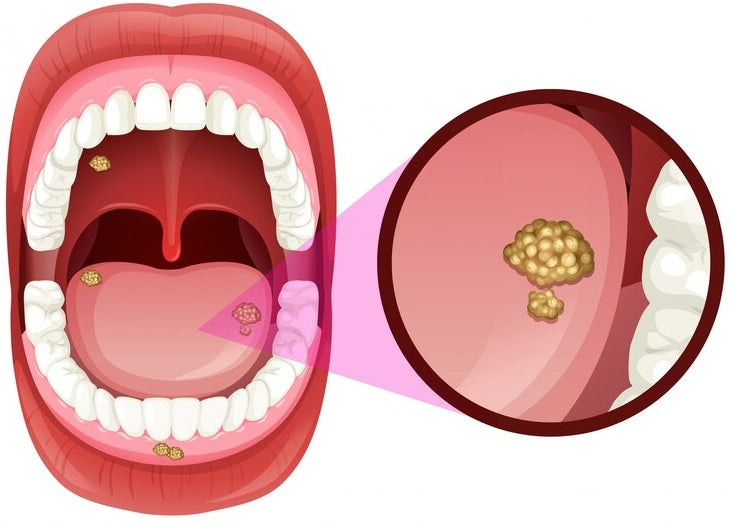
Halitosis: Understanding the Causes, Diagnosis, and Treatment for Fresh Breath
Halitosis, commonly known as bad breath, is a condition that affects a large number of people worldwide. It can be an embarrassing and isolating experience, but it is important to know that it is a common problem and that there are effective treatments available. In this article, we will discuss the causes, diagnosis, and treatment of halitosis. Causes of Halitosis Halitosis can have several causes, both internal and external. The most common causes include poor oral hygiene, dry mouth, certain foods and drinks, smoking, and certain medical conditions. Poor Oral Hygiene Poor oral hygiene is the most common cause of halitosis. When food particles and bacteria build up in the mouth, they can cause an unpleasant odor. Brushing and flossing...
-
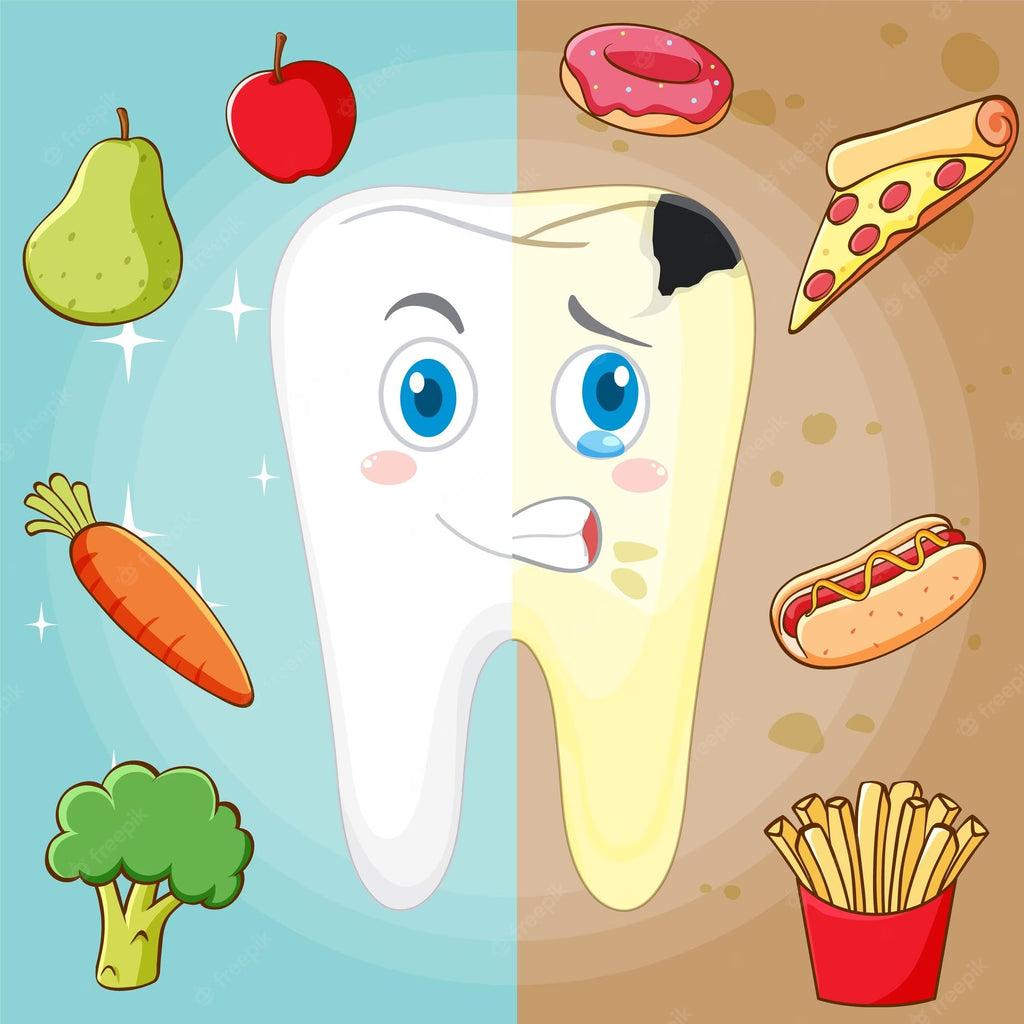
Crucial Connection Between Nutrition and Oral Health: Guide for Better Dental Care
As a dental health professional, we understand the importance of maintaining good oral hygiene to prevent cavities and gum disease. Brushing twice a day and flossing daily are essential habits, but did you know that nutrition also plays a crucial role in keeping your mouth healthy? In this article, we will explore the connection between nutrition and oral health and how you can make better food choices to support your dental health. How Nutrition Affects Oral Health Your diet can impact your oral health in many ways. A diet high in sugary and acidic foods can increase the risk of tooth decay and gum disease. When you eat sugary foods, the bacteria in your mouth feed on the sugar and...
-
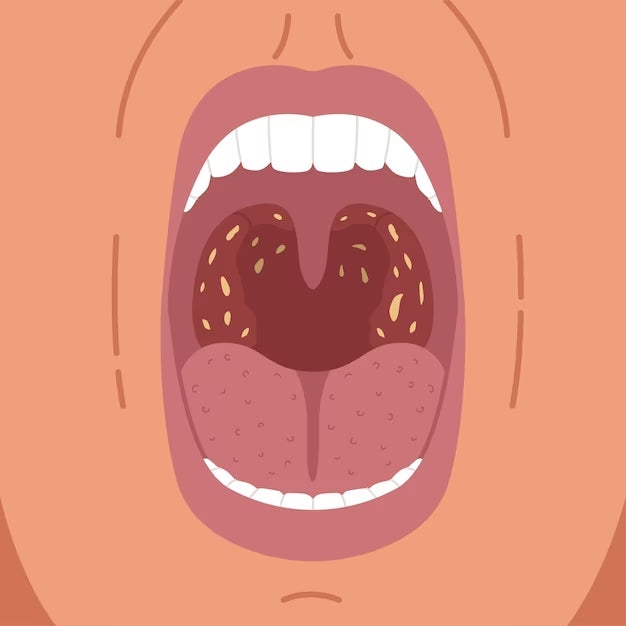
How to Treat Bad Breath Caused by Dry Mouth
Do you ever feel self-conscious about your breath? Do people avoid talking to you because of bad breath? Dry mouth, also known as xerostomia, can cause bad breath and make social interactions uncomfortable. In this article, we will discuss what causes dry mouth, how it leads to bad breath, and what you can do to treat it. Table of Contents What is dry mouth? Causes of dry mouth How dry mouth causes bad breath Signs and symptoms of dry mouth Diagnosis of dry mouth Treating dry mouth Home remedies for dry mouth Professional treatments for dry mouth Tips for maintaining oral hygiene Foods and drinks to avoid with dry mouth Conclusion FAQs What is dry mouth? Dry mouth occurs when...
-
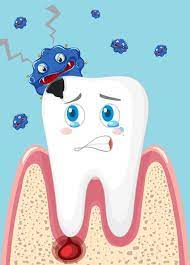
The Relationship Between Diabetes and Gum Disease: Understanding the Link
Diabetes and gum disease are two conditions that may seem unrelated, but research has shown that they are actually closely linked. In fact, individuals with diabetes are more likely to develop gum disease, and those with gum disease are more likely to have difficulty controlling their blood sugar levels. This article will explore the connection between diabetes and gum disease, and provide insights on how you can reduce your risk of developing both. The Relationship Between Diabetes and Gum Disease Diabetes is a condition that affects the body's ability to produce or respond to insulin, a hormone that regulates blood sugar levels. When blood sugar levels are consistently high, it can lead to a range of health complications, including nerve...
